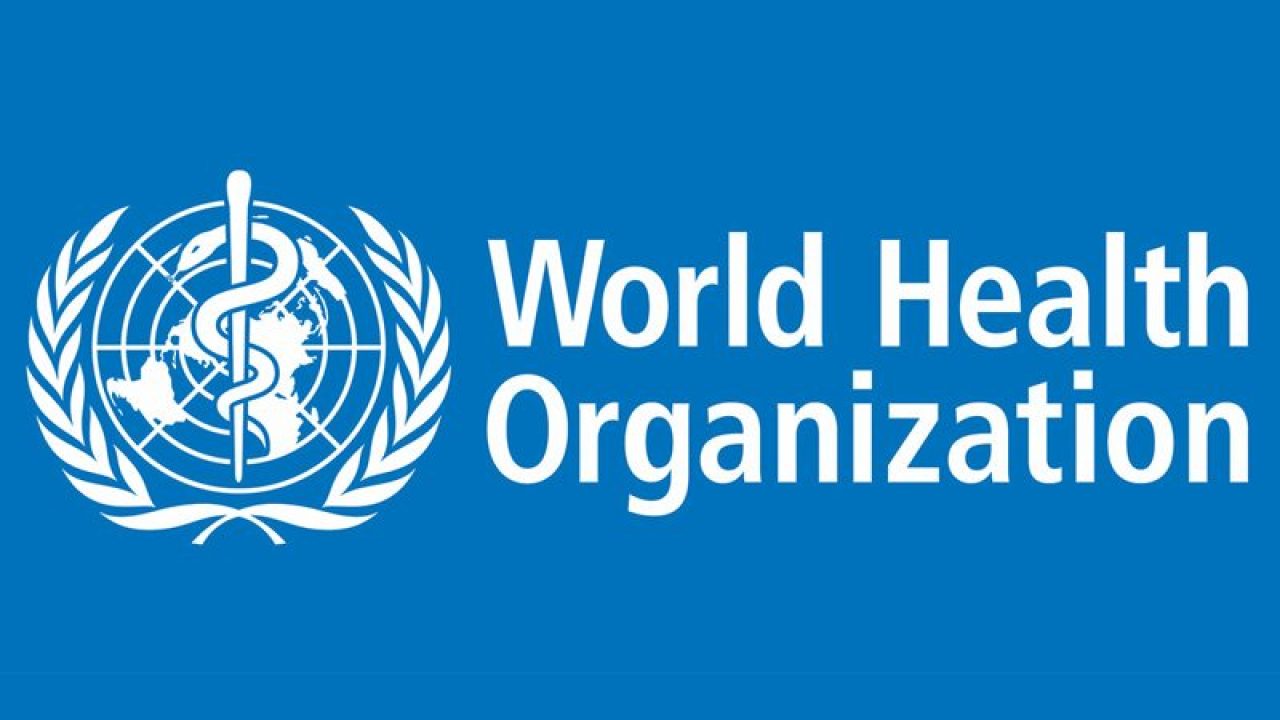Today, on World Neglected Tropical Disease (NTD) Day, the World Health Organization (WHO) releases a new progress report titled “Global report on neglected tropical diseases 2023” highlighting the progress and challenges in delivering NTD care globally, in the context of COVID-19-related disruptions.
NTDs continue to disproportionately affect the poorest sections of the global society, particularly in regions with inadequate water safety, sanitation, and health care access. Even though 179 nations and territories reported at least one case of NTDs in 2021, 16 countries were responsible for 80% of the worldwide NTD burden. An estimated 1.65 billion people worldwide require treatment for at least one NTD.
The current progress report indicates that the number of persons seeking interventions for NTDs decreased by 80 million between 2020 and 2021, and that eight countries were recognised or validated as having eliminated one NTD in 2022 alone. As of December 2022, 47 nations had eliminated at least one NTD, with other nations en route to achieving this goal.
The achievements of 2021 and 2022 will build upon a decade of significant growth. In 2021, 25% fewer people will require treatments against NTDs than in 2010, and between 2016 and 2019, more than one billion people will be treated annually for NTDs through mass treatment interventions.
“Millions of people around the world have been emancipated from the weight of neglected tropical illnesses,” stated Dr. Tedros Adhanom Ghebreyesus, Director-General of the World Health Organization. “However, as this progress report demonstrates, we still have much work to do. The good news is that we have the resources and knowledge to not only save lives and avoid suffering, but also to rid entire communities and nations of terrible diseases. It is time to act immediately, collaborate, and invest in NTDs.”
The research also details the tremendous impact COVID-19 had on community-based initiatives, access to healthcare facilities, and healthcare goods supply chains. This resulted in 34% fewer individuals receiving treatment for NTDs between 2019 and 2020, despite a general restart of activity resulting in an 11% increase in recovery in 2021, when nearly 900 million individuals were treated.
Perform now. Act in concert. Invest on rare tropical illnesses The new study underlines the need for increased efforts and investments to reverse delays and expedite progress toward the 2030 NTD road map goals. Promoting country ownership and accountability, as well as the sustainability and predictability of financing, including more robust domestic funding, are essential to achieving the goals of the NTD road map and allowing countries to fulfil their commitments to provide quality NTD services to affected populations.
Multisectoral cooperation and partnerships are essential for this to occur. WHO and Gilead Sciences inked a new agreement for the gift of 304,700 vials of AmBisome (liposomal amphotericin B for injection) to treat visceral leishmaniasis in countries severely affected by the illness, extending their existing arrangement through 2025. The new three-year partnership is projected to cost $11.3 million and includes provisions for WHO funding support.
WHO recommends more partners and donors to fill current gaps that impede the execution of NTD activities on a large scale at the global and local levels. The 152nd session of the WHO Executive Board will discuss granting The Carter Center official WHO relations later this week.
Over 100 scientific guidelines, tools, and other information products were produced by the WHO in 2021 and 2022 to aid the worldwide NTD community, particularly developing nations. The Open WHO platform launched an NTD channel with 36 training courses for health professionals on 19 distinct topics. The World Health Organization (WHO) continues to examine and approve novel medicines for the treatment of neglected tropical diseases (NTDs) and works tirelessly to promote fairness and human rights in all NTD service delivery.
On World NTD Day, the topic is “Take action immediately. Act in concert. Invest in neglected tropical diseases”, WHO is on everyone, including leaders and communities, to challenge the disparities that drive NTDs and to make bold, sustainable investments to liberate the world’s most vulnerable communities affected by NTDs from a cycle of disease and poverty.


















